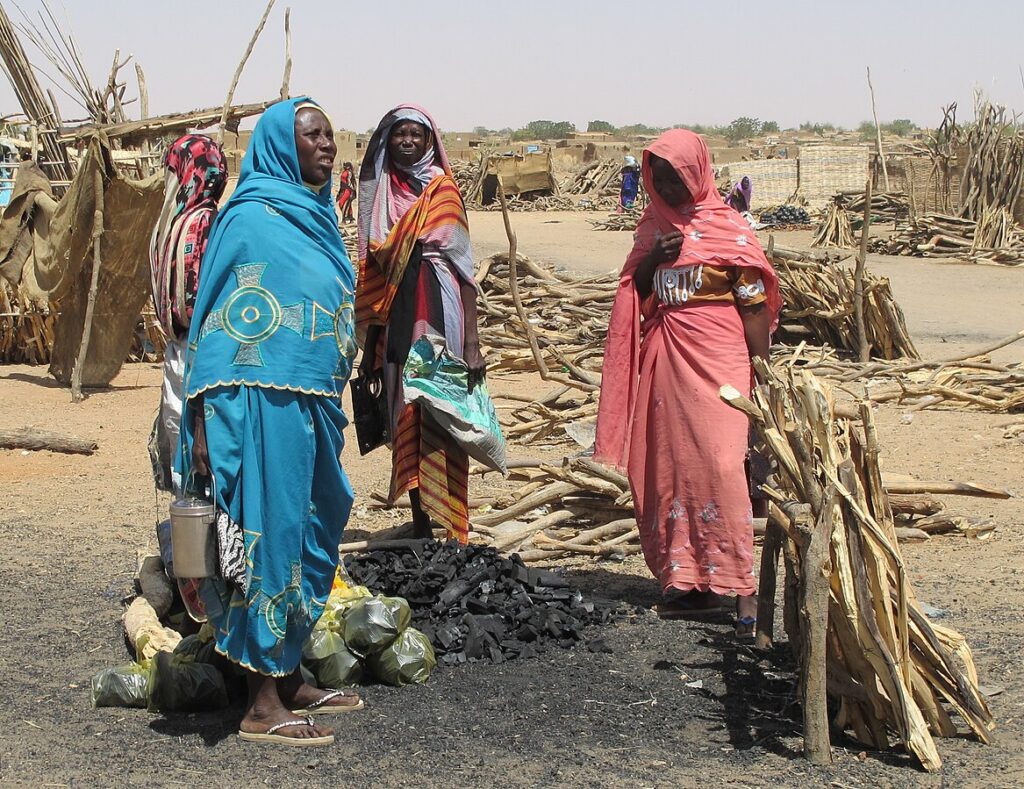Sudan is experiencing unprecedented levels of hunger and violence, with an increase in violent paramilitary attacks putting the country's conflict on the brink of becoming the world's largest hunger crisis, the World Food Programme (WFP) reported Thursday.
According to the WFP, 18 million people in Sudan currently face severe food insecurity. Heads of the Inter-Agency Standing Committee recently warned that 10.5 million people have been displaced inside the country or elsewhere since mid-April 2023, and that “millions of people in Darfur, Kordofan, Al Jazeera and Khartoum are rapidly approaching famine.”
“We are pleased to welcome the efforts of WFP to the region,” said Michael Dunford, WFP's Regional Director for East Africa.
Hunger and malnutrition are widespread in Sudan. WFP continues to scale up its efforts to bring food and nutrition assistance to millions of people who live with the horrors of war every day. The situation is already dire and could get worse if aid does not reach all those affected by the conflict.
WFP highlighted that humanitarian agencies are struggling to address the needs of people across the country, noting that lack of food security, health care and clean water is a “devastating reality for the Sudanese people” and contributes to a famine-like situation. The organization added that “malnutrition among Sudanese children has also reached shocking levels, putting an entire generation at risk.”
Last month, Doctors Without Borders warned that the conflict in Sudan was a “humanitarian catastrophe” after the death toll reached 134. Humanitarian and human rights groups have called on the parties to the conflict to take measures to prevent the hunger crisis from spreading, and in their report they have accused the parties of using hunger as a weapon of war over the past year.
“Hunger as a weapon of war” refers to the deliberate use of starvation or the depletion of food resources to weaken, punish or subjugate a population. This tactic has devastating humanitarian consequences and is considered a violation of human rights and international law.
Article 54 of the 1949 Geneva Conventions and, in particular, Additional Protocol I (1977) prohibit starvation of civilians as a method of warfare. They also prohibit attacks on objects essential to the survival of the civilian population, such as food, agricultural land and drinking water facilities. Article 8 of the Rome Statute classifies the intentional use of starvation in both international and non-international armed conflicts as a war crime.



